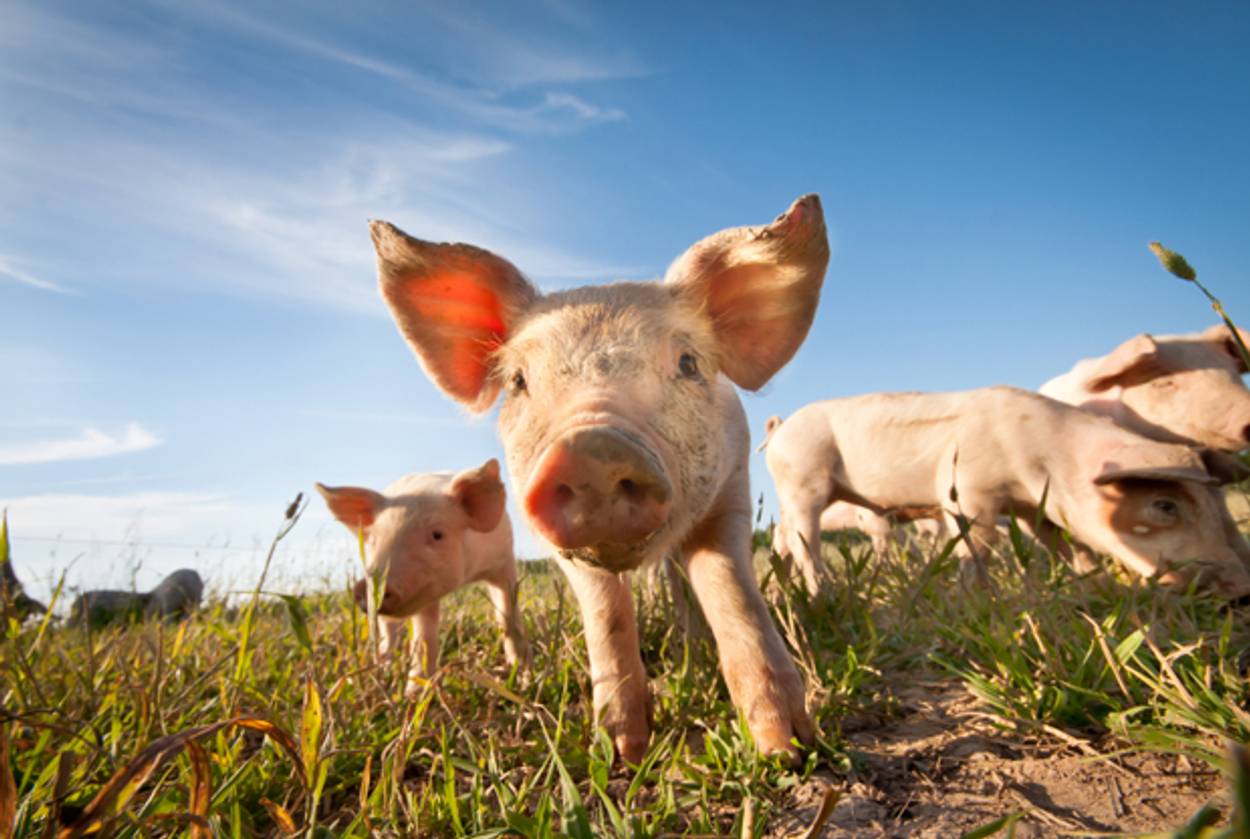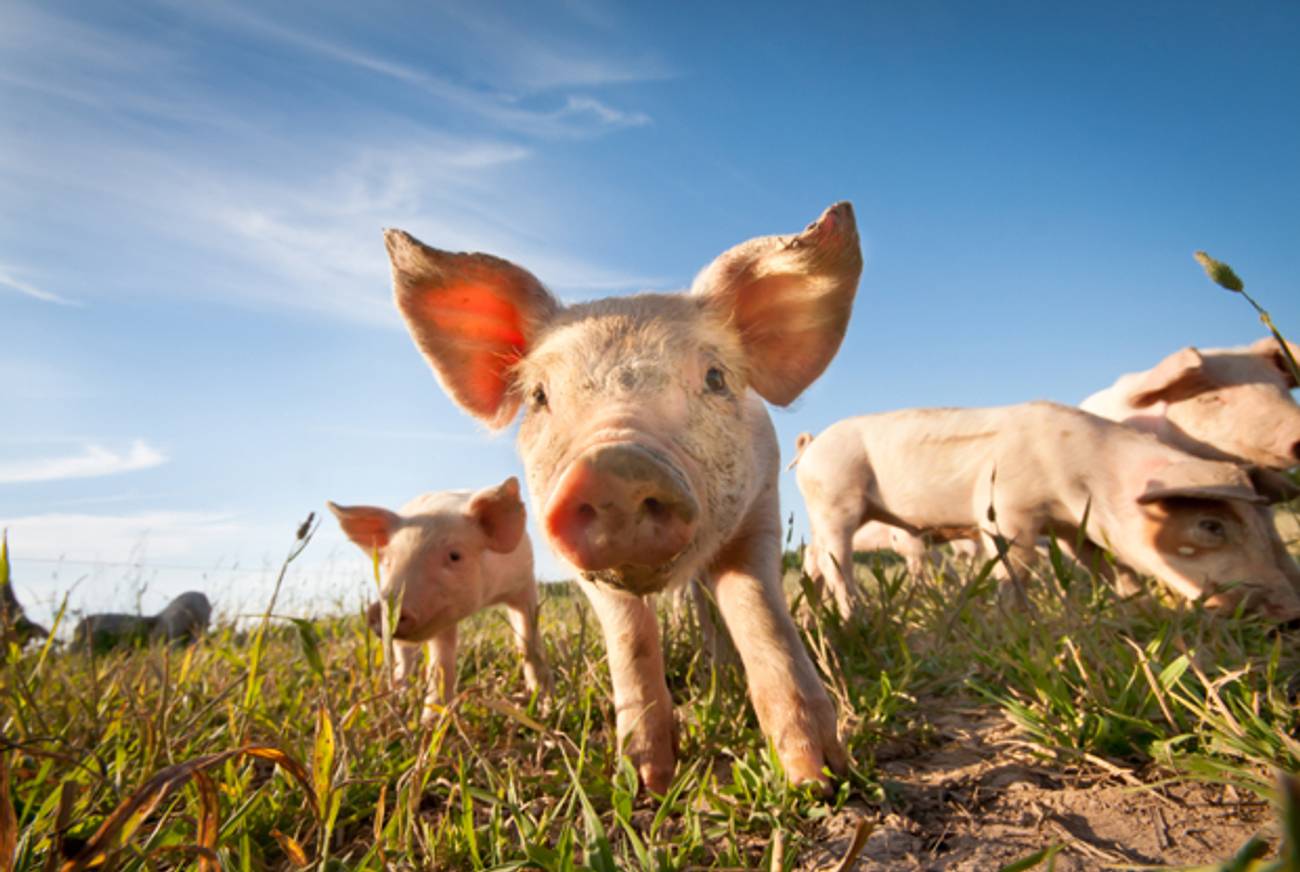DNA Reveals Pigs in Israel Came From Europe
Porcine population likely imported by ancient Europeans, study shows




New research shows that Israel’s porcine population is in fact native to Europe and was imported to the Holy Land by ancient Europeans, the New York Times reports. An intensive study of the region’s pigs, part of a larger project to reconstruct information about ancient Israel, revealed that they were likely brought to the area 3,000 years ago. Since Israelites, ancient and modern, typically avoid pork, researchers figured studying swine would prove particularly enlightening, with one Tel Aviv University professor calling both pigs and pork consumption two very good markers of ethnicity and identity.”
In the highlands west of the Jordan River associated with the early Israelites, archaeological studies have shown there are almost no ancient pig bones. The exceptionally high number of pig bones found in the lowlands, at what were urban Philistine sites like Ashkelon and Ekron, has given rise to the theory that the Philistines, sea people who migrated here from the Aegean basin, brought their culinary and husbandry habits with them.
A new study based on DNA testing of modern and ancient pigs has revealed that the European emigrant pigs became prominent during the Iron Age, around 900 B.C., and eventually took over the entire wild boar population in the area that is now Israel.
Since then, pork has become the ultimate taboo in Jewish popular culture, at least in America, where an enduring collective fascination—and, for some, an obsession—has been cultivated around the trayfiest of trayf. Back in 2011, Adam Chandler profiled Jeffrey Yoskowitz, a kosher-keeping journalist who started Pork Memoirs, a website devoted to the off-limits grub.
For Yoskowitz, a freelance journalist who recently spent a year researching Israel’s pork industry for a book he’s writing, the complex relationship between pork and different people of all backgrounds—pork being a forbidden fruit in many religious and cultural circles—makes for compelling insights about humanity.
“Food is a powerful metaphor. For many authors, bacon represents the comfort of home, even if it is microwaved or served raw, or precisely because it is microwaved or raw. For others, it’s a means of holding onto identity and culture, be it religious or moral,” says Yoskowitz, who launched his site in January. “We are what we eat, of course, but with pork, for Jews, Muslims, and even vegetarians, we are also defined by what we don’t eat.”
Ancient Israelites too, the research suggests, were defined by what they didn’t eat.
Stephanie Butnick is chief strategy officer of Tablet Magazine, co-founder of Tablet Studios, and a host of the Unorthodox podcast.